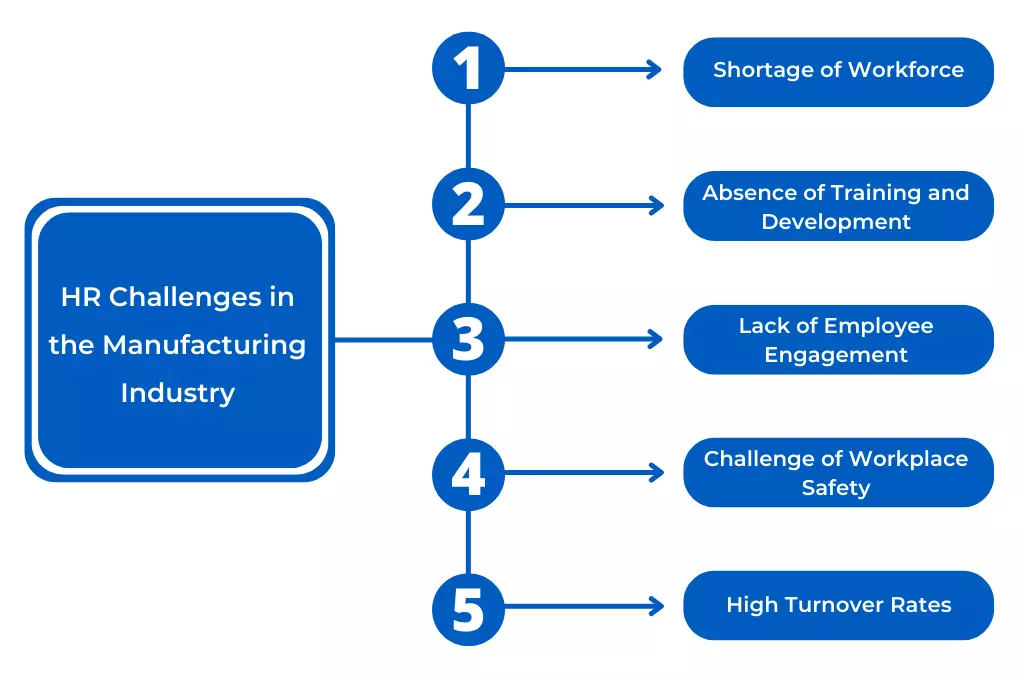Google Breakup: A Growing Threat To The Tech Giant

Table of Contents
Antitrust Concerns Fueling the Google Breakup Debate
The debate surrounding a potential Google breakup is fueled by significant antitrust concerns. These concerns stem from Google's immense market dominance across multiple sectors and allegations of anti-competitive practices.
Market Dominance Across Multiple Sectors
Google's market share is staggering across several key technology sectors, raising serious concerns about its monopolistic power.
- Search Engine Dominance (Google Search): Google Search holds a global market share exceeding 90%, dwarfing all competitors. This dominance allows Google to control the flow of information online and influence consumer behavior significantly. This translates to billions in annual revenue.
- Online Advertising (Google Ads): Google's advertising platform, Google Ads, controls a significant portion of the global online advertising market. This concentration of power allows Google to dictate pricing and terms, potentially squeezing out smaller competitors. Their market share consistently sits above 50%, often reaching much higher in specific niches.
- Mobile Operating System (Android): Android, Google's mobile operating system, powers billions of smartphones worldwide, giving Google a significant grip on the mobile ecosystem. This dominance allows for deep integration of Google services and preferential treatment. Their market share fluctuates but remains a major player globally.
- Smart Home Devices (Google Nest): Google's expansion into the smart home market with devices like Google Nest further strengthens its integrated ecosystem, potentially creating barriers to entry for competitors in this rapidly growing sector. Though not the leading player, their presence is notable.
This integrated ecosystem creates a significant barrier to entry for new competitors. It’s difficult for smaller companies to challenge Google because their products and services are deeply intertwined.
Allegations of Anti-Competitive Practices
Numerous allegations of anti-competitive practices further fuel the calls for a Google breakup. These allegations include:
- Favoring Own Products in Search Results: Accusations persist that Google prioritizes its own products and services in search results, disadvantaging competitors. This preferential treatment gives Google an unfair advantage.
- Pre-installing Google Apps on Android Devices: The pre-installation of Google apps on Android devices, often as a condition of licensing, limits the visibility and adoption of competing apps, restricting consumer choice.
- Restrictive Contracts with Device Manufacturers: Google's contracts with device manufacturers sometimes include clauses that restrict the use of alternative search engines or app stores, creating further barriers to entry for competitors.
These practices, and others, are subject to ongoing lawsuits and regulatory investigations across the globe, highlighting the serious concerns about Google's market behavior. The impact on innovation and smaller companies is undeniable.
Arguments For and Against a Google Breakup
The debate over a Google breakup is complex, with strong arguments on both sides.
Pro-Breakup Arguments
Advocates for a Google breakup cite several potential benefits:
- Increased Competition: Breaking up Google would foster a more competitive market, encouraging innovation and giving consumers more choice.
- Fostering Innovation: A more level playing field would incentivize the development of new and better products and services, benefiting consumers.
- Lower Prices for Consumers: Increased competition could lead to lower prices for various goods and services, benefiting consumers directly.
- Protection of User Data and Privacy: A breakup could lead to greater scrutiny of Google's data collection and usage practices, potentially enhancing user privacy.
- Preventing Stifling of Smaller Businesses: Breaking up Google's vast ecosystem could create opportunities for smaller businesses to thrive and compete.
Anti-Breakup Arguments
Opponents of a Google breakup raise concerns about potential negative consequences:
- Potential Disruption to Google's Services: A breakup could disrupt the seamless integration of Google's services, potentially causing inconvenience for users.
- Loss of Efficiency and Economies of Scale: Breaking up Google might lead to a loss of efficiencies and economies of scale, potentially increasing costs.
- Difficulty in Enforcing and Managing a Breakup: The practical challenges of enforcing and managing a breakup of such a large and complex company are significant.
- Potential Negative Impacts on Innovation: Some argue that fragmentation might stifle innovation instead of fostering it. The argument is that Google’s scale enables investment in projects that smaller companies couldn't fund.
Potential Consequences of a Google Breakup
The potential consequences of a Google breakup are far-reaching and complex, affecting consumers, the tech industry, and innovation.
Impact on Consumers
A Google breakup could have both positive and negative impacts on consumers:
- Positive Impacts: Increased choice, potentially lower prices, and greater privacy protections.
- Negative Impacts: Fragmented services, potential loss of familiar features, and potential increase in costs due to lack of economies of scale.
Impact on the Tech Industry
The ripple effect on the tech industry would be significant:
- Potential for New Entrants: A more competitive landscape could create opportunities for new companies to enter the market.
- Overall Competitiveness: The market could become more dynamic and competitive, driving further innovation.
- Jobs and Investment: The impact on employment and investment in the tech sector is uncertain and could be both positive and negative.
Impact on Innovation
The impact on innovation is a key area of debate:
- Increased Innovation: A more competitive environment could stimulate innovation as companies strive to differentiate themselves.
- Decreased Innovation: Conversely, the breakup might lead to decreased investment in research and development due to reduced resources for individual entities.
Conclusion
The debate surrounding a "Google breakup" is far from settled. While Google's market dominance brings undeniable benefits, concerns about monopolistic practices are legitimate. The potential consequences are complex, impacting consumers and the wider tech industry. The decision will require a careful weighing of the benefits of increased competition against the risks of disrupting a powerful tech giant. Further investigation and proactive regulatory action are crucial to ensure a fair and competitive marketplace. Stay informed about the ongoing developments in this crucial "Google breakup" debate and its implications for the digital age. Understanding the intricacies of the Google breakup discussion is vital for navigating the future of the digital landscape.

Featured Posts
-
 Cassidy Hutchinson From Jan 6 Testimony To Tell All Memoir
Apr 22, 2025
Cassidy Hutchinson From Jan 6 Testimony To Tell All Memoir
Apr 22, 2025 -
 Robotics And Nike Sneakers An Examination Of Manufacturing Challenges
Apr 22, 2025
Robotics And Nike Sneakers An Examination Of Manufacturing Challenges
Apr 22, 2025 -
 Conclave 2023 Evaluating Pope Francis Enduring Impact
Apr 22, 2025
Conclave 2023 Evaluating Pope Francis Enduring Impact
Apr 22, 2025 -
 The Value Of Middle Management Benefits For Companies And Employees
Apr 22, 2025
The Value Of Middle Management Benefits For Companies And Employees
Apr 22, 2025 -
 Brace For More Market Pain Investors Risky Strategy
Apr 22, 2025
Brace For More Market Pain Investors Risky Strategy
Apr 22, 2025
